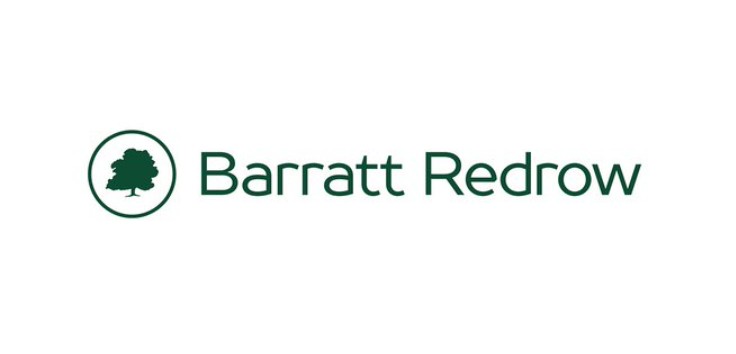Barratt Redrow suffered a sharp drop in its share price after the housebuilding giant revealed it would take a £98 million charge linked to legacy building safety issues. The news shook investor confidence, sending shares down 9.4% to close at 377.3p on Wednesday.
The unexpected hit, mostly related to fire safety remediation on four southern England developments built back in 2002 and extra work on a major London scheme, has wiped out about 10% of the company’s previously expected full-year profits.
Overall, pre-tax profits are now forecast to land at around £583 million — a noticeable drop from earlier expectations of £712 million. Despite this downgrade, the revised figure still aligns with updated market guidance.
The £98 million provision is just part of a larger £229 million in adjusted charges. That includes £29 million tied to the Competition and Markets Authority’s ongoing probe into the UK housebuilding industry, and £66 million in restructuring expenses following the Redrow acquisition.
Still, it’s not all doom and gloom. The company pointed to solid operational performance and resilience in what continues to be a challenging market.
Home completions for the year totalled 16,565 — shy of guidance but still a rise from the 14,004 completed by Barratt alone in the prior year. Private reservation rates also ticked upward by 16.4%, reflecting continued strength in the rental sector and strong links with institutional partners.
The £2.5 billion merger with Redrow, finalised earlier this year, appears to be bedding in well. Integration efforts are said to be ahead of schedule, with £69 million in cost synergies already unlocked. Of that, £15 million will feed into FY25 profits, with another £45 million due in FY26.
Looking ahead, Barratt Redrow remains upbeat. The group is targeting home completions of between 17,200 and 17,800 in FY26 — including 600 through joint ventures. Its long-term goal? An annual output of 22,000 homes.
And it’s well-positioned for that push, backed by a robust forward order book worth £2.92 billion and a strong net cash buffer of £772 million.
The company is also maintaining its status as a leader in both build quality and sustainability. It bagged 115 NHBC Pride in the Job Awards and retained its 5-star customer satisfaction rating for the 16th year running.
TIME recently named it one of the World’s Most Sustainable Companies, and it remains the only UK housebuilder on the CDP Global A List for climate action.
Chief Executive David Thomas summed up the year’s performance: “Although demand during the year has been impacted by consumer caution and mortgage rates not falling as quickly as hoped, there remains a long-term structural undersupply of housing in this country.
Our increased scale, three market-leading brands and strong land pipeline put us in a unique position to accelerate delivery as market conditions improve.”
Still, investors were left rattled. The market clearly wanted better, and the scale of the legacy costs proved hard to digest.






